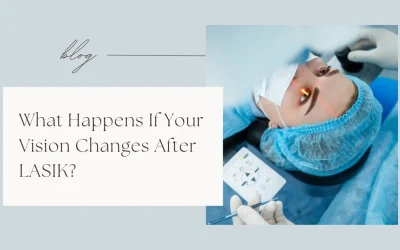How to Choose the Right Sunglasses: Beyond Fashion to Eye Protection
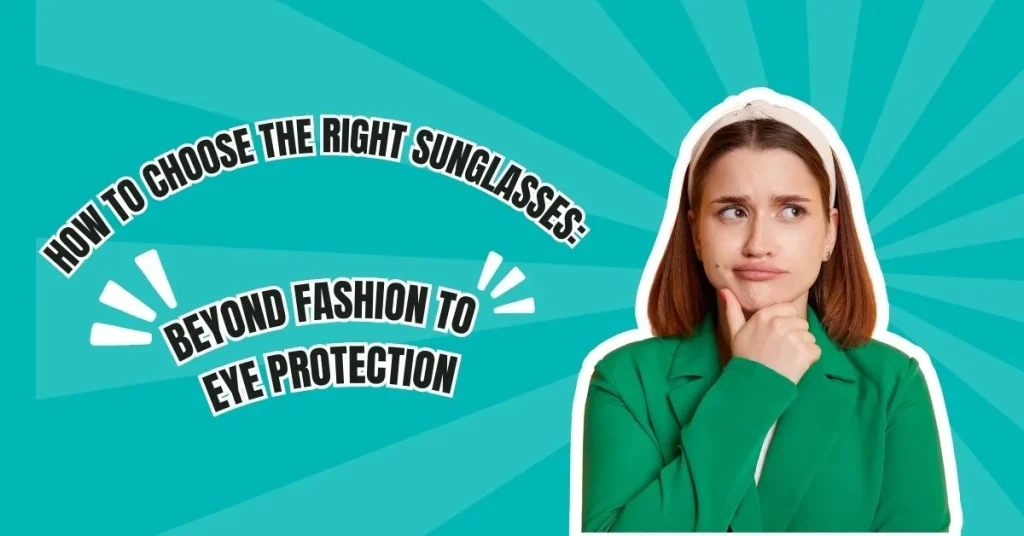
Sunglasses are more than simply a stylish addition; they are a necessary tool for shielding your eyes from UV radiation and other outside factors. While style plays a big part in sunglasses selection, functional and defensive aspects should also be taken into account. To choose the best sunglasses for your eyes, you need to consider factors more than style.
UV Protection: The Most Critical Feature
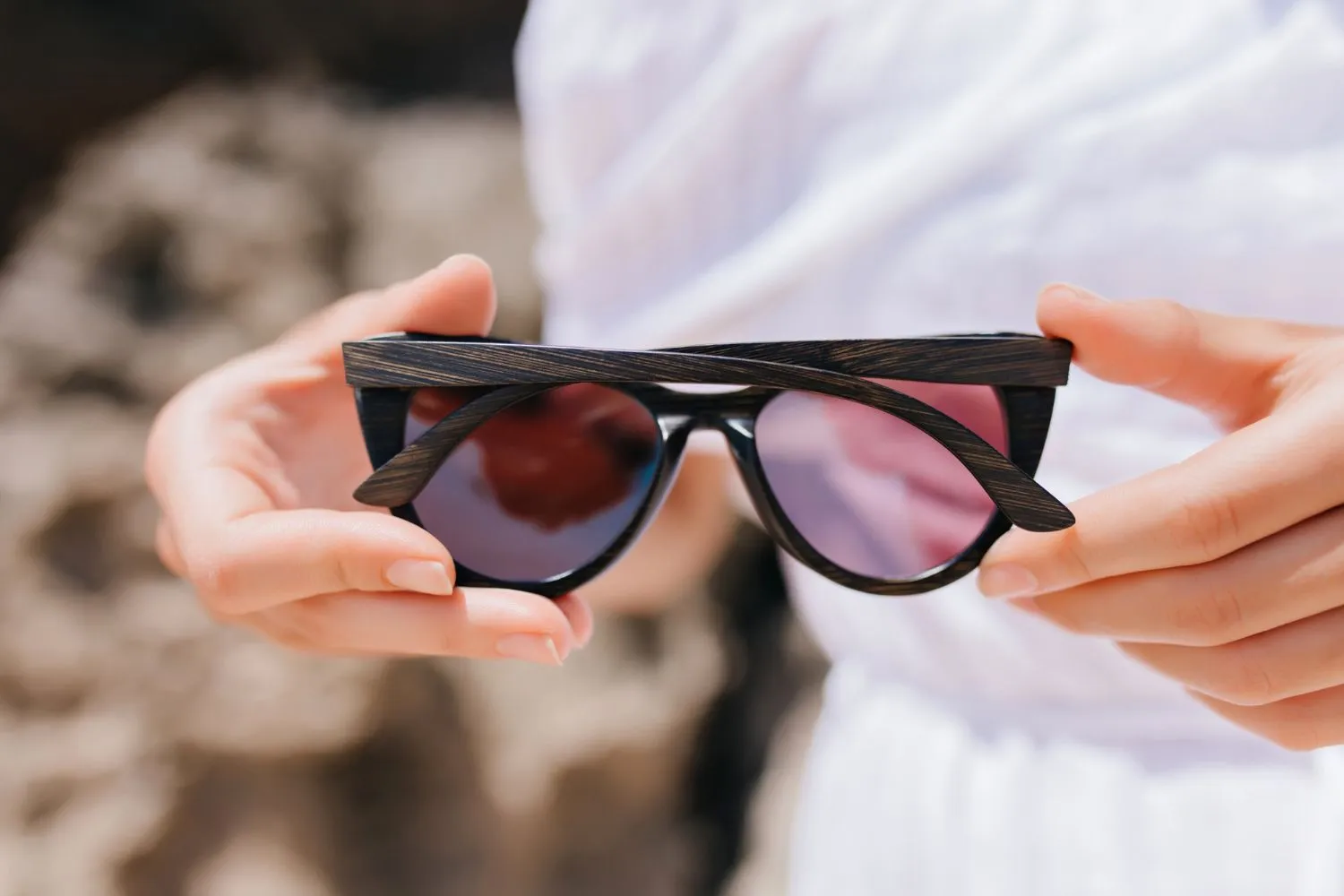
Sunglasses are primarily used to shield the eyes from ultraviolet (UV) light. Serious eye problems like cataracts, macular degeneration, and photokeratitis (eyeburn) can be brought on by the sun’s UV radiation. Make sure the sunglasses you choose offer UV400 or 100% protection from UV rays. This indicates that even on cloudy days, they prevent UVA and UVB radiation, which are damaging to your eyes.
Because they cause your pupils to dilate and let more UV radiation into your eyes, sunglasses that don’t provide complete UV protection may actually be more dangerous than wearing no sunglasses at all.
Lens Quality and Material
Clarity of vision and protection are two major aspects that are directly impacted by lens quality. Here are some typical lens kinds and materials to think about:
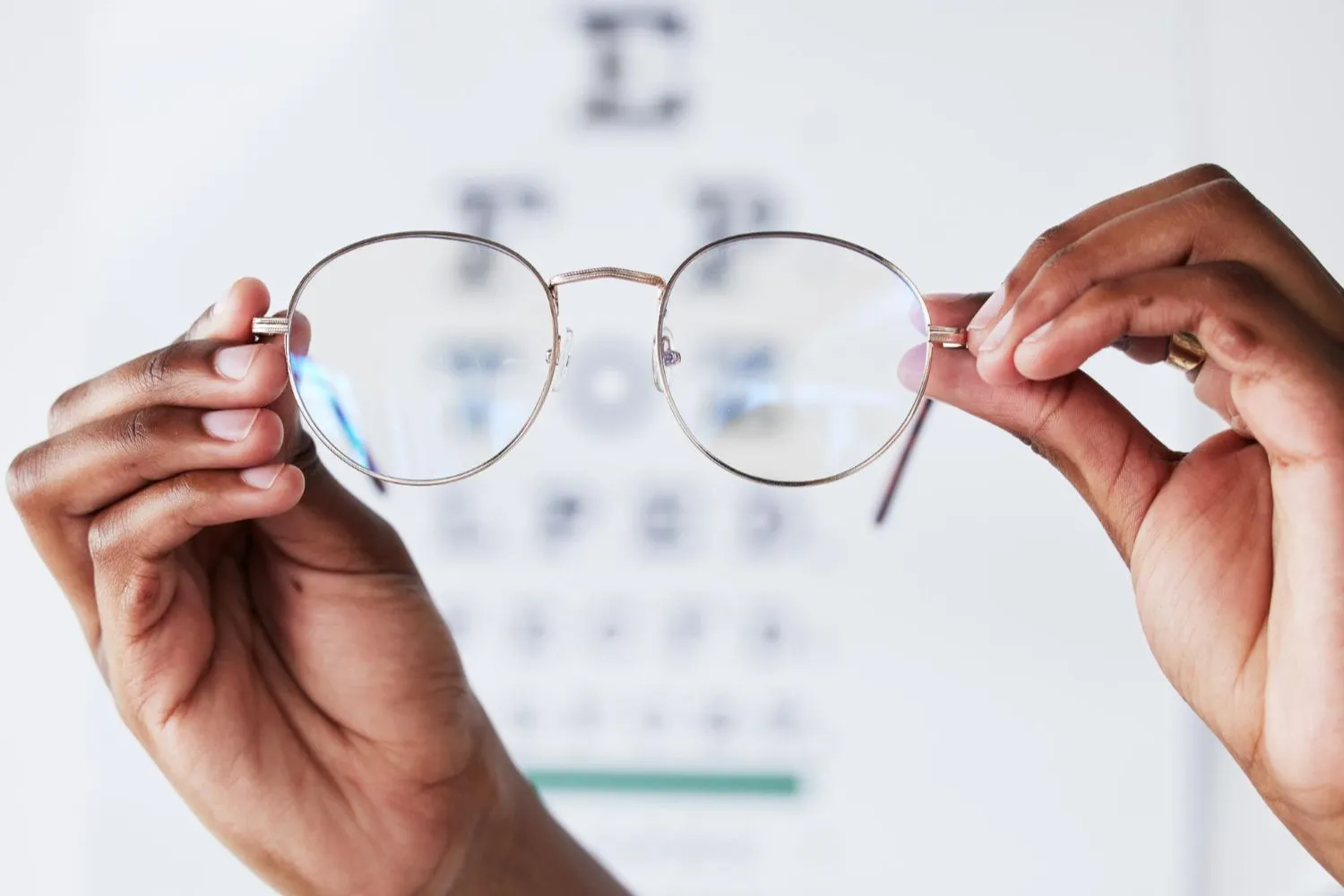
- Polarised lenses are great for outdoor activities like driving and fishing since they cut down on glare from reflecting objects like snow, water, and glass. While polarisation provides comfort and improved vision in bright light, it does not always improve UV protection.
- Polycarbonate Lenses: Ideal for sports and active lives, these lenses are strong, lightweight, and resistant to impact. They are not as clear optically as glass lenses, but they are more protective when engaging in high-impact activities.
- Photochromic Lenses: Adaptable to different settings, these lenses lighten in low light and darken in response to sunlight.
Lens Tint and Color
- The colour of your sunglasses’ lenses influences both how well they shield your eyes from glare and how well you can see. Various hues provide particular advantages.
Grey lenses are perfect for daily wear since they offer accurate colour perception. Improve depth perception and contrast with brown or amber lenses; great for sports like tennis or golf.
Green lenses: provide excellent colour balance and reduce glare.
Yellow or orange lenses: They enhance contrast in low-light situations, such misty or cloudy weather, but they are not appropriate for direct sunlight.
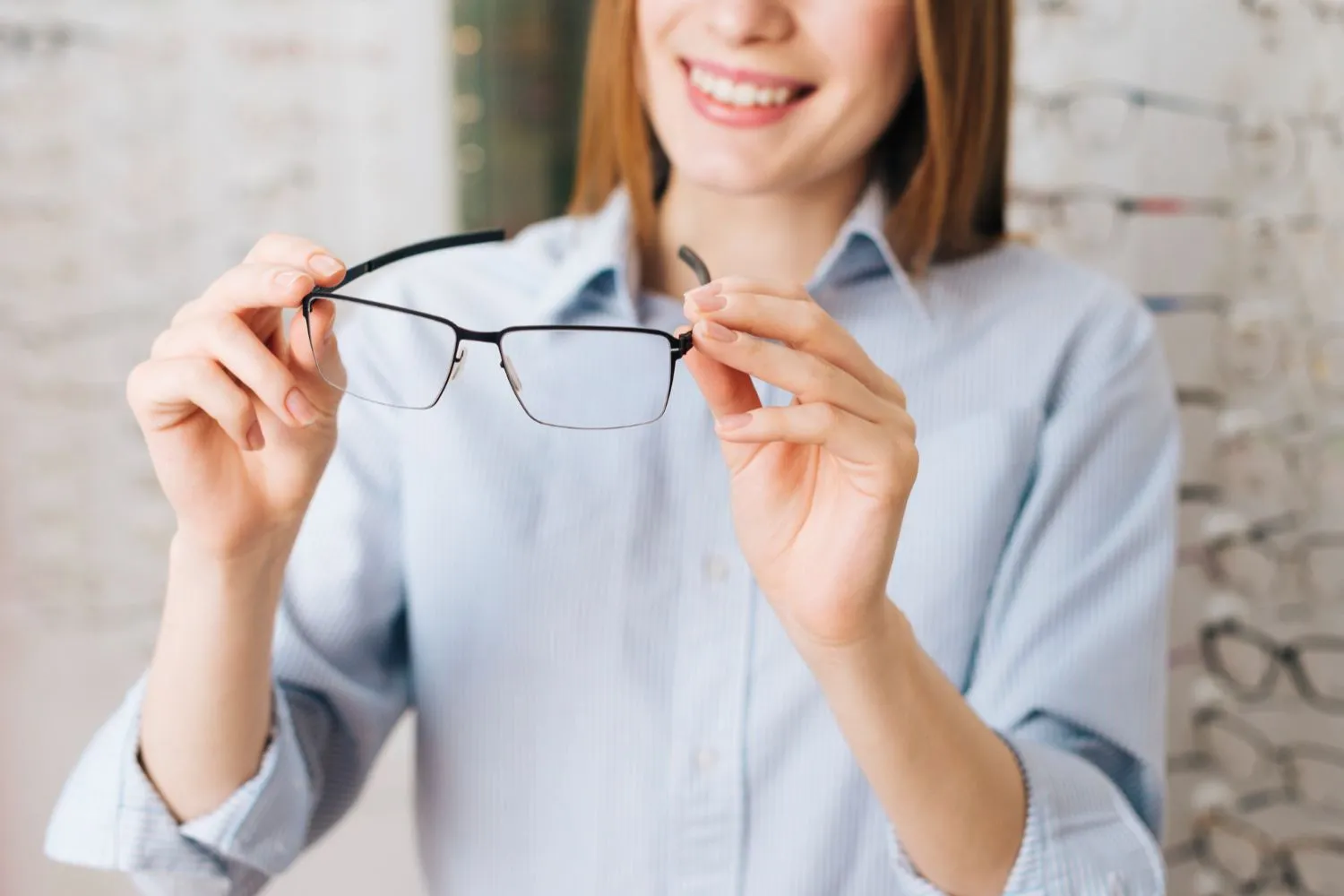
Mirror and Anti-Reflective Coatings
To further preserve and enhance comfort, think about adding extra coatings like mirror or anti-reflective (AR) coatings. Anti-reflective coatings lessen glare that arises from light bouncing off your lenses, which is particularly bothersome when driving or reading outside. Mirror coatings are especially helpful in excessively bright conditions, like beaches or snowy terrain, because they minimise the quantity of light that penetrates the lenses.
Durability and Impact Resistance
When selecting sunglasses, durability is especially important if you have an active lifestyle. Polycarbonate or Trivex lenses are less prone to break when dropped or struck because of their resistance to impact. Furthermore, coatings that resist scratches can help your lenses last longer and maintain their clarity over time.
Book your appointment now for all eye-related services.
Your Vision Our Focus


